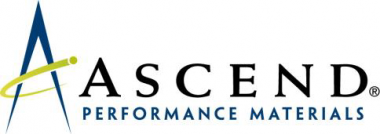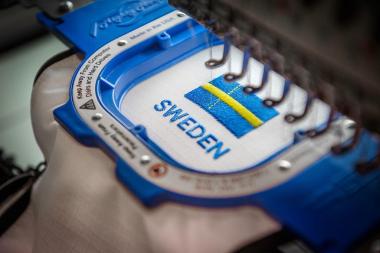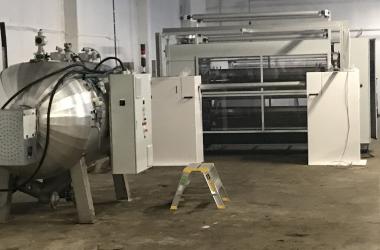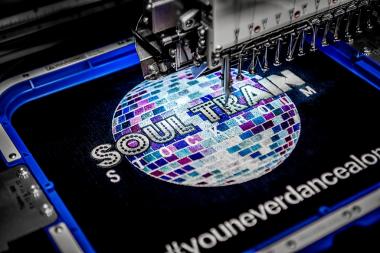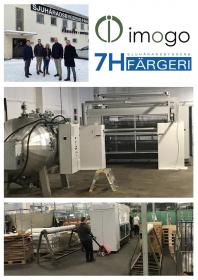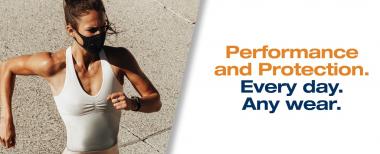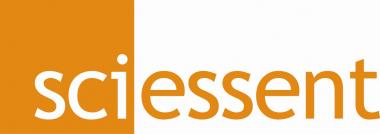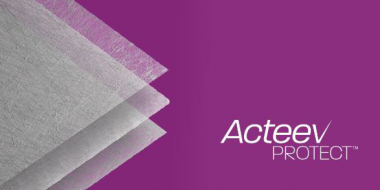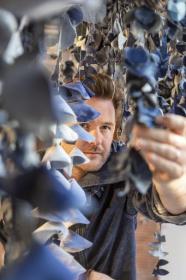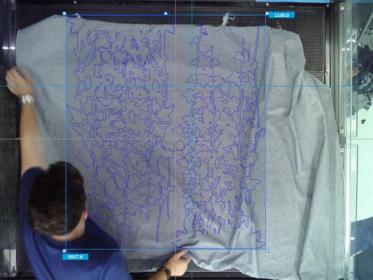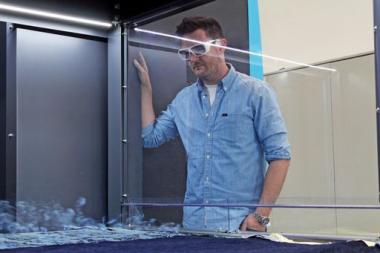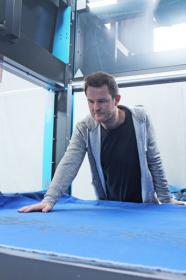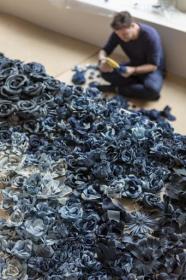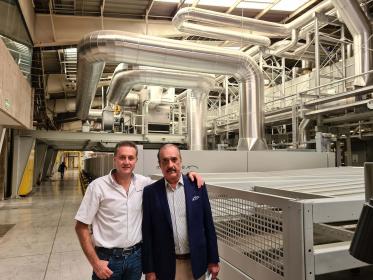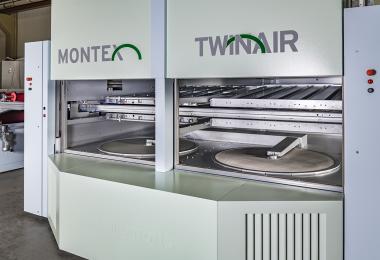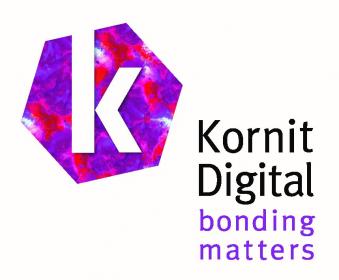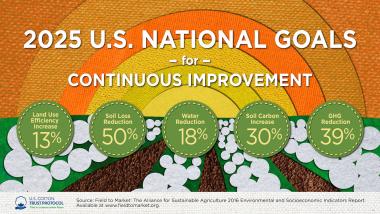NCTO: US Vice President announces new Investments in Northern Central America
US Vice President Kamala Harris announced significant multimillion-dollar investments by Parkdale Mills and six other companies today, as part of the Administration’s Call to Action to the private sector to promote economic opportunity in the region, as her office works to address the root causes of migration.
Vice President Harris, who is overseeing diplomatic efforts with El Salvador, Guatemala, Honduras, and Mexico, announced several private sector commitments to strengthen economic opportunities in the Northern Triangle and made remarks at a White House roundtable, which included Anderson Warlick, Chairman and CEO of Parkdale Mills. The textile and apparel co-production chain is one of the most essential supply chains for employment and economic development in both the United States and the Northern Triangle region, currently supporting over 1 million jobs in the United States and the Central American region. The Dominican Republic-Central America Free Trade Agreement (CAFTA-DR) and its strong rules of origin are the primary reasons this co-production chain exists, which is seeing significant growth this year.
North Carolina-headquartered Parkdale Mills, one of the largest manufacturers of spun yarn and cotton consumer products in the world, will make a multimillion-dollar investment in a new yarn spinning facility in Honduras and make an additional substantial investment to support existing operations in Hillsville, Virginia. This investment will help customers shift 1 million pounds of yarn per week away from supply chains in Asia and China and enhance U.S. and CAFTA-DR co-production resilience and increase regional product offerings. Parkdale’s announced investment will create hundreds of jobs in Honduras and further support hundreds of employees in Parkdale’s Hillsville operations.
Recently, administration officials from the U.S. Trade Representative’s office and the Vice President’s office met with the U.S. textile industry to reaffirm the importance of rules of origin in nearshoring production chains, helping address labor and environmental challenges and mitigating supply chain risk.
“I would like to sincerely thank Vice President Harris for making this announcement and leading the effort with private industry to create more economic opportunities in northern Central America and the United States,” said Anderson Warlick, Chairman and CEO of Parkdale Mills. “Parkdale’s investments will support good paying jobs in the United States and in the Central American region and significantly increase our extensive product offering and capacity, including the production of sustainable specialty yarns.
Parkdale sees an enormous opportunity for brands and retailers to re-shore and nearshore production supply chains and double the size of U.S.-CAFTA-DR trade, because of the rules of origin in our trade agreement and a shift in sourcing by brands and retailers mitigating their supply chain sourcing risks. We are excited about what this opportunity means for jobs in the U.S. and the region for this critical production chain and couldn’t be more thrilled to be part of this effort. We look forward to working with the Vice President and her team on strengthening the textile and apparel production chains in the U.S. and region.”
National Council of Textile Organizations (NCTO) President and CEO Kim Glas, said, “This is an exciting and important announcement by Parkdale and Vice President Harris. Our industry has invested billions of dollars in the U.S. and in the region as a result of the investment-based rules of origin in the CAFTA-DR agreement, which ensures the job benefits of the agreement are reserved for the parties to the agreement. Additional substantial announcements on further investment in textile and apparel production are expected soon.
As brands and retailers are seeking more environmentally sustainable, vertically integrated, transparent, and quick turnaround supply chains, our collective industries stand ready to work with companies that are seeking to mitigate sourcing strategies as Asian supply chains have faced enormous production constraints. Further verticalization in the industry, like Parkdale’s announcement today, allows broader product diversification and grows jobs across the textile and apparel production chain.
We are thrilled with today’s announcement because it is a win-win for American and Central American workers and our environment and a huge opportunity to further recalibrate supply chains out of China and Asia. This valuable co-production chain between the U.S. and the CAFTA-DR region accounts for $12 billion in two-way trade and billions of dollars of investment. Significant growth is occurring in our sector and is expected to continue as supply chains continue to recalibrate. We are delighted about this today’s announcement and appreciate the Administration’s strong support.”
NCTO




















